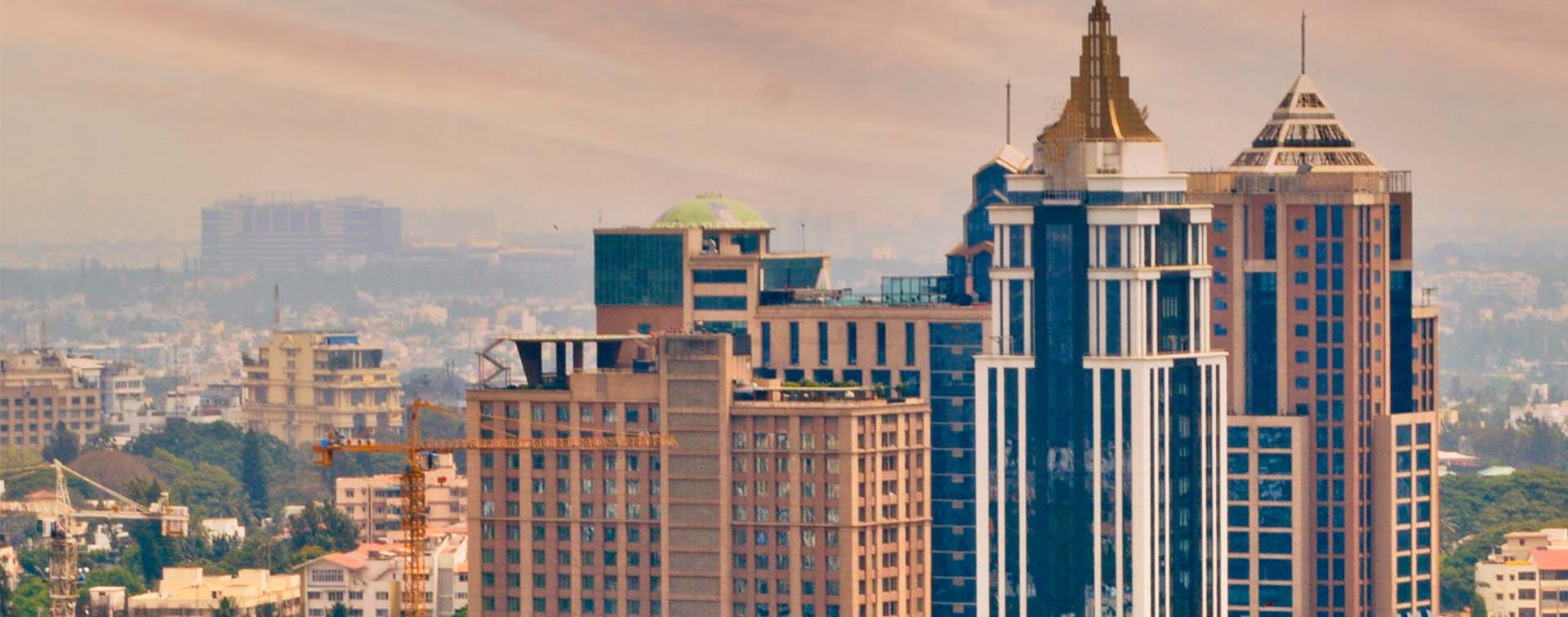
Nirbhay Handa is Group Head of Business Development at Henley & Partners and the Managing Director and Head of the firm’s Global South Asia team.
Investment migration enquiries from South Asia have remained consistently high over the last few quarters. The typical profile of families currently based in the region who opt for the alternative residence and citizenship route includes businesspeople, corporate executives, entrepreneurs, and even wealthy retirees. In most cases, our clients are not opting for investment migration to leave their home countries immediately. Only a small percentage of the families we assist across the subcontinent use the visa to physically move abroad, and those who do are primarily attracted by programs offered by countries such as the USA, Australia, and Canada.
While historically, investment migration was predominantly considered to be a mobility enhancing tool, now families see residence and citizenship by investment programs as providing opportunity to build resilience, to have a Plan B, C, or even D in the current volatile macro outlook, and to diversify their wealth rather than risk keeping all their assets in one jurisdiction.

Acquiring a golden visa offered by one of the European countries such as Greece, Portugal, or Spain by investing in real estate, for instance, means making one investment in an asset class which can give multiple benefits — the return on investment on the property asset, the ability to diversify your wealth by investing abroad, and the residence permit itself, with all the associated benefits that brings you and your family, which include access to top educational institutions, excellent private healthcare facilities, and international business opportunities.
Families are starting to consider how to effectively utilize their disposable capital. Should they keep it in a bank, invest in equities, or invest abroad and also obtain a residence permit at the same time? For example, a family who already owns several homes across major cities in South Asia including Mumbai, Delhi, Dhaka, and Karachi is now comparing what they can buy in those cities to what they can acquire in Greece or Portugal for the same amount of capital and also gain residence rights and visa-free access to Europe’s Schengen Area.
Increasingly cosmopolitan families know that holding an alternative residence helps them hedge against macro-adversities that could arise in their current jurisdiction. For example, geopolitical tension such as the war in Ukraine, political crises such as Pakistan and Sri Lanka have seen, fiscal policies that hinder wealth preservation such as in the USA, climate disasters as in Bangladesh and Pakistan, or enduring Covid travel restrictions such as in China.
There is a growing interest among South Asian start-up entrepreneurs keen on securing residence rights in multiple countries either through structured residence by investment programs such as those in Portugal or Malta or through setting up businesses in countries such as the UAE or applying for talent-based visas such as those offered by Australia and Singapore.
Another trend we see is international financial centers such as Dubai, Hong Kong (SAR China), London, and Singapore having large populations of professionals who are non-resident Indians or who originate from other South Asian countries. While they might currently be there on employment passes or work permits, they would like to have another option open to them and many are considering acquiring an alternative residence or a second citizenship through investment.